Ugandan Political Asylum Seekers Visit Cherry Hill Synagogue to Plea Their Case
Esau Wanani (featured left) and Yonatan Loukato (featured right).
They were arrested for opposing their country’s dictator.
They were abducted twice by government forces.
In captivity, they were mentally abused and physically tortured.
Now, they’re seeking political asylum in the United States.
Friends Yonatan Katz Loukato and Esau Wanani were in Cherry Hill, New Jersey, on Tuesday, September 4, where they made a plea to community members of Temple Beth Sholom during the Kol Nidre evening service of Yom Kippur.
If they return to Uganda, they will be arrested again, they told the audience.
Yet in the United States, their status as applicants for political asylum with the Department of State prohibits them from working. And, according to the Migration Policy Institute, a nonpartisan organization that regularly analyzes State Department data and conducts work in the field of migration policy, “in 2019 (the most recent data available), 46,500 persons were granted asylum” in the United States, meaning their chances of receiving asylum status could be slim.
This puts Loukato and Wanani in a difficult situation.
To make matters worse, Loukato and Wanani, who espouse Judaism, said that “the current dictator of Uganda does not recognize that they are Jewish.”
The Ugandan Jewish community, called the Abayudaya community, has drastically shrunk in recent years, primarily because of persecution perpetrated by both Ugandan citizens and the Ugandan government.
Prior to applying for political asylum, Loukato and Wanani spent the summer working at Camp Ramah in the Poconos, a Jewish summer camp located in Lakewood, Pennsylvania.
While working at the camp as members of the sports staff, Loukato and Wanani knew the situation in Uganda was dire, with rampant injustice and violation of civil rights on the rise. However, they had planned to return to Uganda anyways after the summer camp was no longer in session.
Their lawyer advised them not to.
They also chose to stay silent about their situation while at camp, fearing that it would potentially upset or discomfort some campers.
For Loukato and Wanani, applying for political asylum is a long and complex process that could take many months. In the meantime, according to Ron Safier, the Executive Director of Temple Beth Sholom, they “are currently [receiving] help from the community in their pursuit to live a happy, free, and peaceful life.”
Safier also writes that Loukato and Wanani “are good-hearted people who love America, Israel, country music, reggae, sports, and mushroom pizza.”
Loukato and Wanani, in their plea, expressed worry for their family, friends, and political supporters who are still in Uganda, but said that they are currently safe.
However, their state of safety is definitely susceptible to change, Loukato and Wanani stressed. In the past, for example, Loukato and Wanani have witnessed the murders of their political allies.
Loukato and Wanani once watched a political ally get driven over with a vehicle and killed by state forces.
Consequently, to support them in seeking refuge in the United States, Temple Beth Sholom has set up a World Jewry Assistance Fund. The fund is intended to help Loukato and Wanani and others in similar situations.
Rabbi Peltz, a religious leader for the temple, told members that the best way to support Loukato and Wanani at this time is by donating to the fund.
Loukato and Wanani have both profusely thanked the community for its support and generosity.
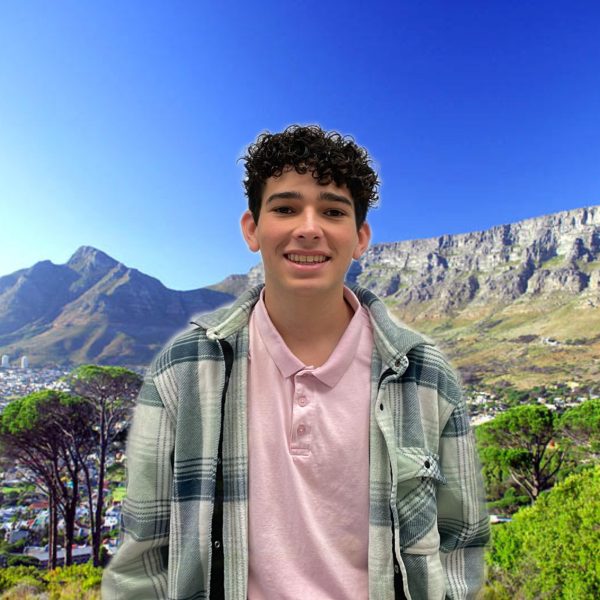
Asher Boiskin is a senior and one of Eastside’s Online Editors-in-Chief. He loves participating in Model United Nations conferences, reading nonfiction,...

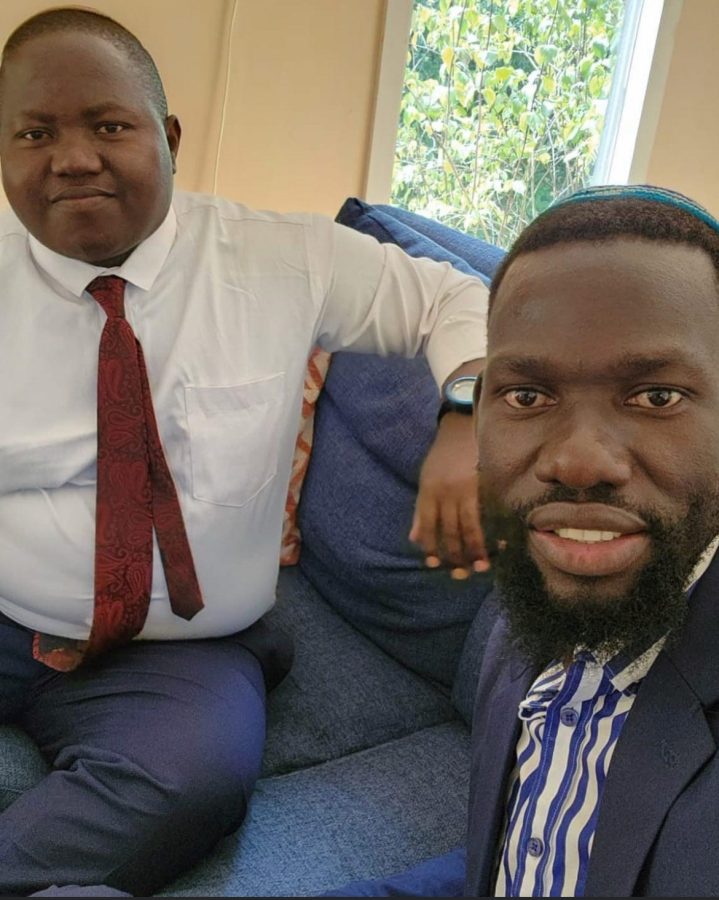
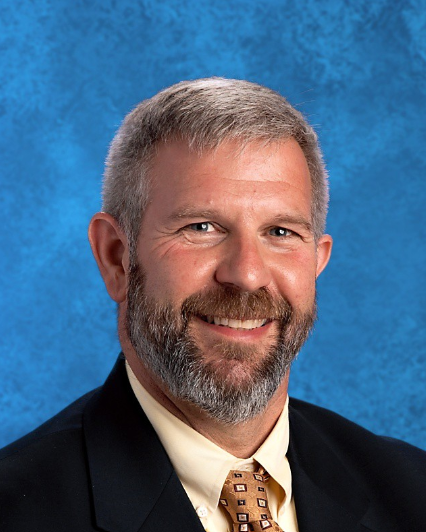

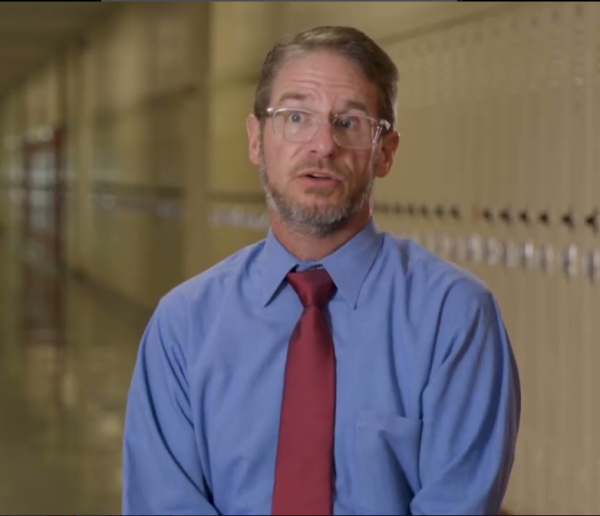

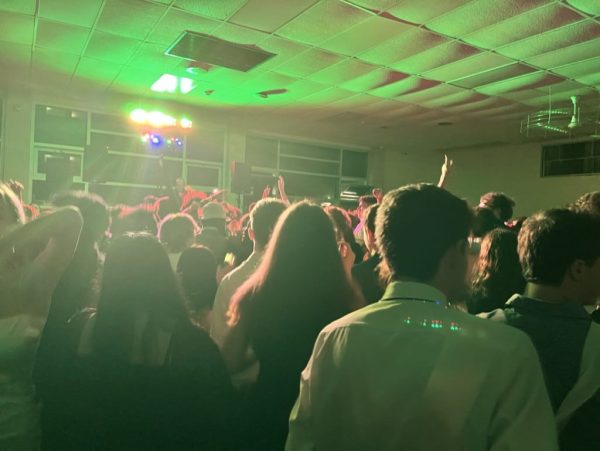
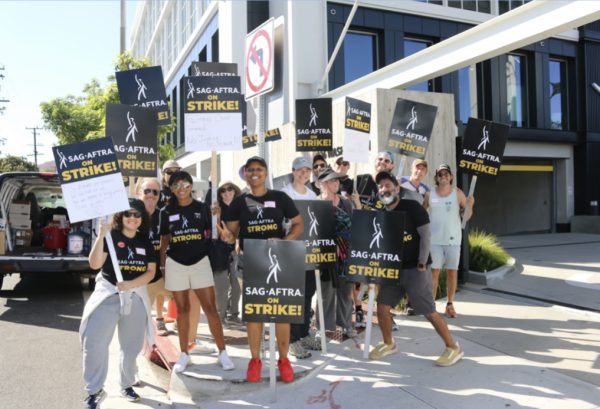
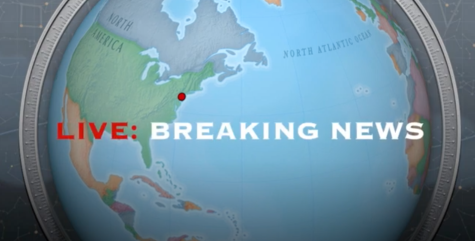

Van Dashner • Oct 26, 2022 at 5:36 pm
Good article, Asher. You brought Loukato and Wanani’s situation to life for me.